Keywords: Conflict
There are more than 200 results, only the first 200 are displayed here.
-
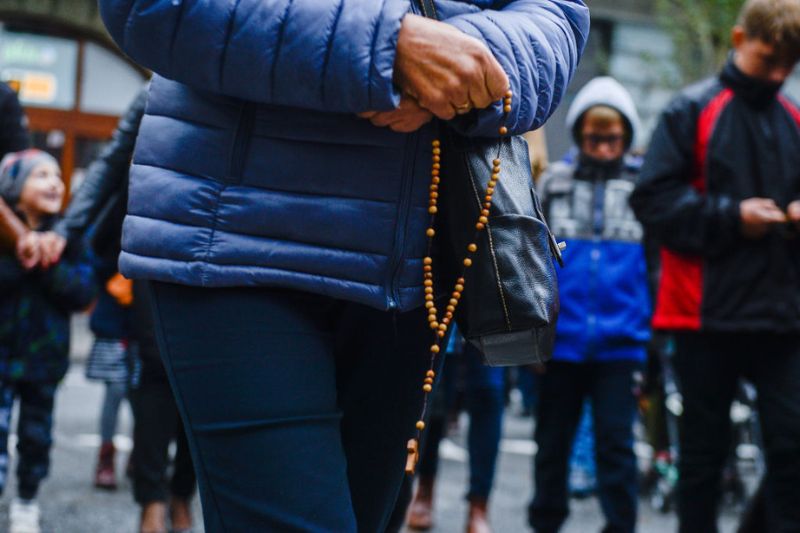
RELIGION
- John Warhurst
- 13 October 2022
13 Comments
Freedom of religion, a matter of national interest still to be resolved successfully in the Federal Parliament, has yet again become a focus for the nation’s football codes. The Essendon controversy has demonstrated how it is issues with a religious-cultural component, not economic issues, which most polarize our society and are the most difficult for politics to resolve harmoniously.
READ MORE 
-
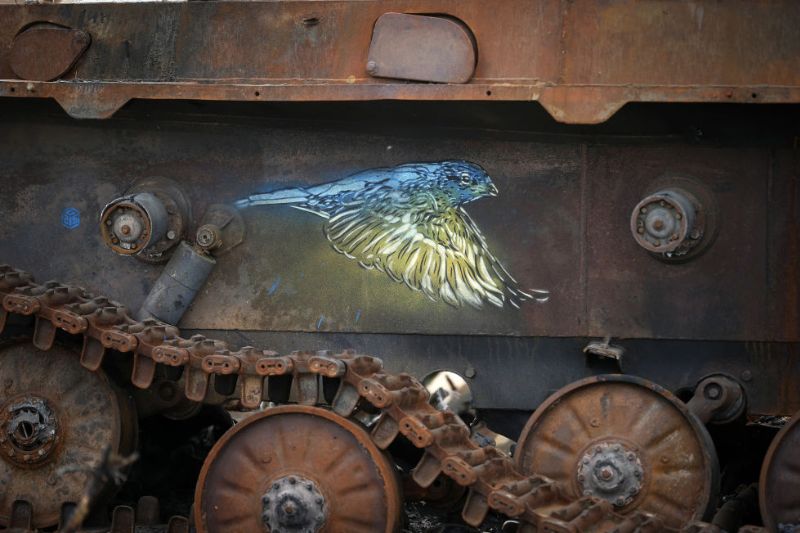
ARTS AND CULTURE
- Barry Gittins
- 13 October 2022
Why is it that we so often don’t learn from the last war’s mistakes? Time and again, humans are drawn into patterns of behaviour that echo those of the past, and that lead once again to armed conflict. It's too easy to shy away from examining the moral failure that is war. When we eulogise the fallen, do we forget why they were butchered in the first place?
READ MORE 
-
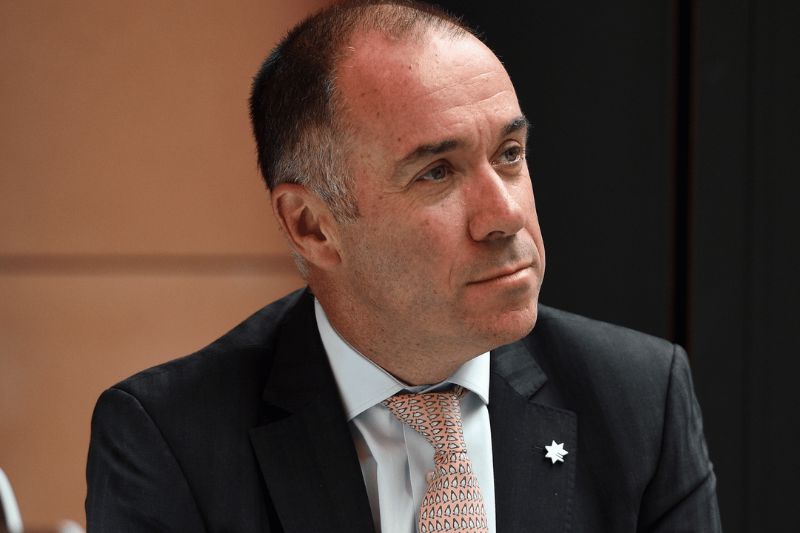
AUSTRALIA
- Chris Middleton
- 10 October 2022
18 Comments
It is highly doubtful that the Essendon Football Club appreciated the reaction that would occur when it presented its new CEO, Andrew Thorburn, with the option of giving up his role as a lay leader in the City on a Hill Anglican Church or resigning from his role with the Club. Even if many were uneasy about how the issue was caught up in the culture wars, it caused widespread concerns amongst people of faith.
READ MORE 
-
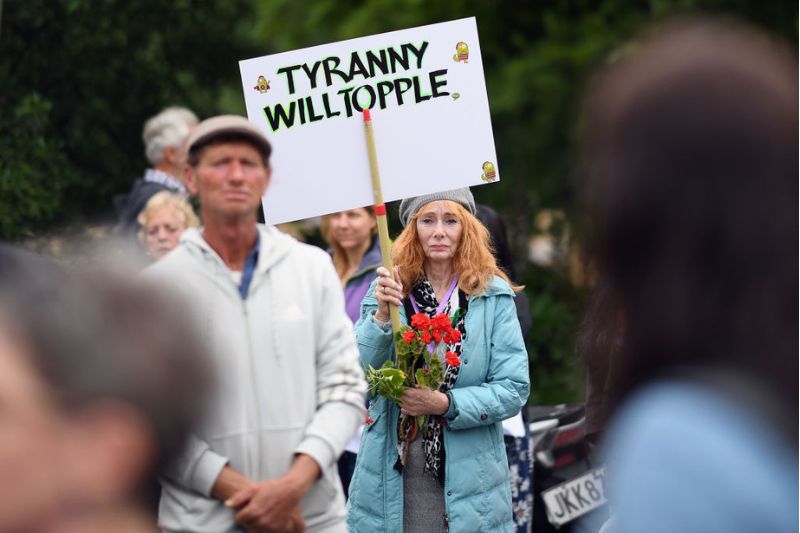
AUSTRALIA
- Andrew Hamilton
- 06 October 2022
1 Comment
Governments have, with little opposition, passed laws that privilege individual choice on issues related to abortion, contraception, gender equality and marriage. If we regard unrestrained individual choice as the fullest expression of human development, we shall necessarily relativise and erode social bonds.
READ MORE 
-
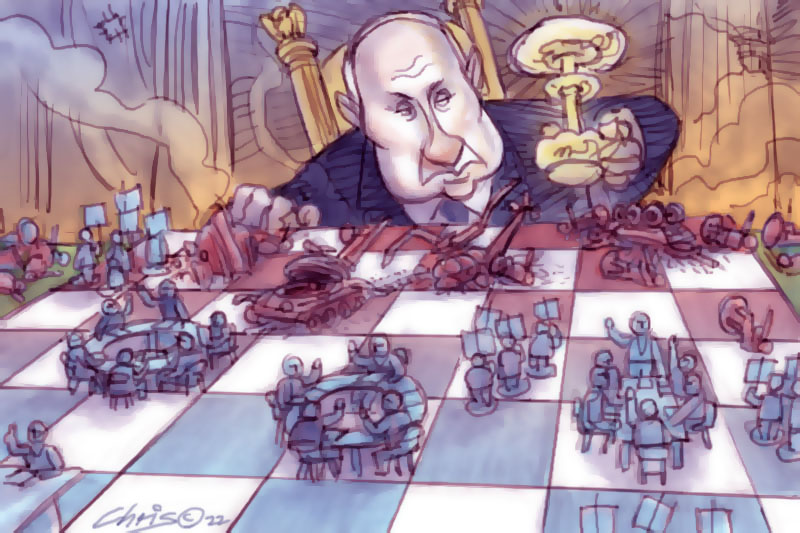
INTERNATIONAL
- John D’Arcy May
- 28 September 2022
3 Comments
What can the pacifist do when confronted with naked tyranny? With Putin’s invasion of Ukraine, pacifists are faced with the dilemma of either helping Ukrainians defend themselves ― and what spirit and courage they have shown, led by their unlikely president ― or letting Putin have his way. If diplomacy stood a chance, it would be the alternative option for pacifists; but does it?
READ MORE 
-

INTERNATIONAL
- David Halliday, Axel Bruns
- 22 September 2022
Despite our differing social and cultural beliefs, we can mostly agree that we live in highly polarised times. But what divides us? ARC Laureate Fellow Prof. Axel Bruns studies social polarisation, and in this discussion we explore the drivers of polarisation, examining the role that digital and social media and broader social and political contexts play in intensifying social conflicts, threatening economic prosperity, undermining public trust, and ultimately destabilising societies.
READ MORE 
-
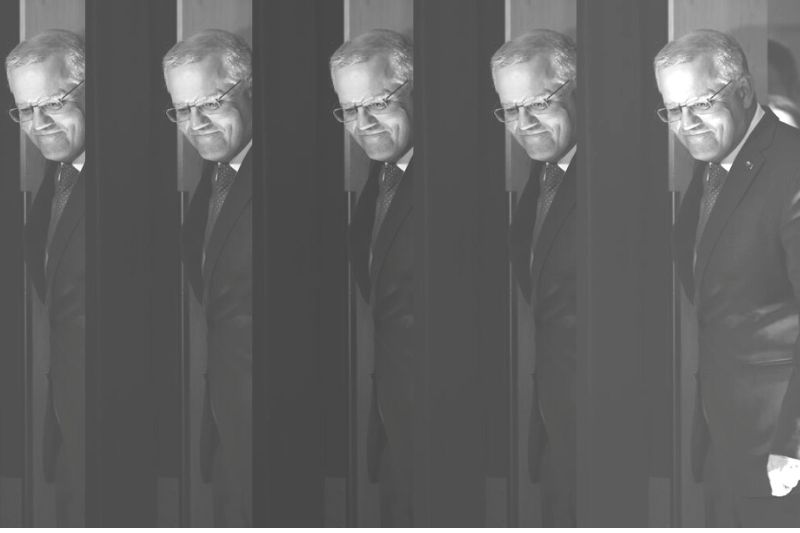
AUSTRALIA
- Binoy Kampmark
- 01 September 2022
8 Comments
The most striking note in the tempestuous outrage regarding Scott Morrison’s self-appointment (technically, appointment with the Governor-General’s approval) to five ministerial portfolios other than his own, is the search for the illegal. Such a search is fruitless in a system that thrives on the principle of convention, perennially uncodified and therefore susceptible to breach.
READ MORE 
-
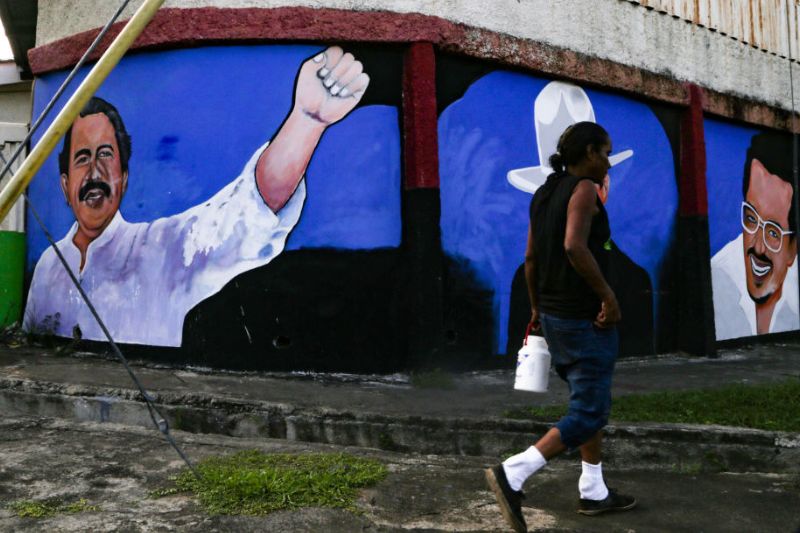
INTERNATIONAL
- Antonio Castillo
- 01 September 2022
2 Comments
In Nicaragua, Catholic priests and institutions are under siege. In the last five months, the Ortega regime has increased its persecution of the Church, accusing them of being ‘terrorists.’ The conflict has been further exacerbated by the detention of Bishop Rolando Álvarez, the most outspoken critic of Ortega. In less than four years, the Church has suffered 190 attacks, including a fire in the Cathedral of Managua. However, the crisis in Nicaragua is not as clear-cut as it might seem.
READ MORE 
-

INTERNATIONAL
- David Halliday, Beth Doherty, Tim Dunlop, Matthew Howard
- 26 August 2022
When former Facebook employee Frances Haugen released a trove of documents revealing internal research on the negative effects its social media products were having on mental health, the darker side of social media became hard to ignore. So how might the harmful effects of social media be mitigated into a social benefit for a saner, more coherent society?
READ MORE 
-
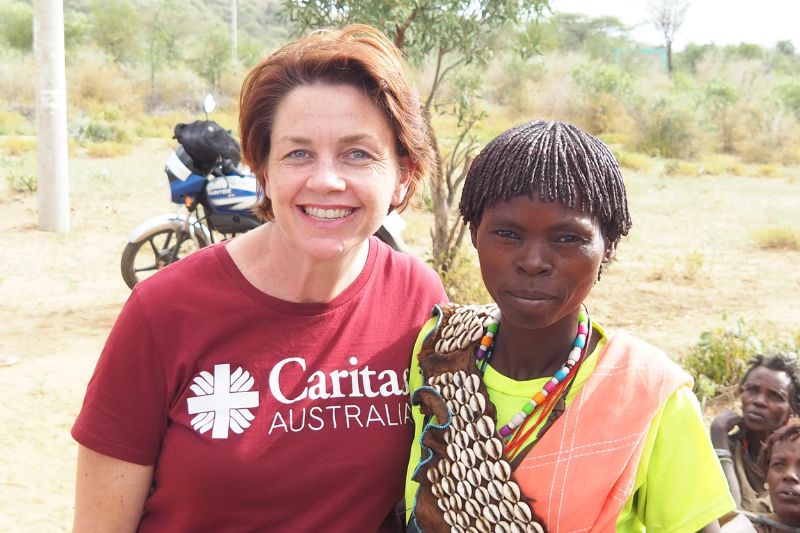
INTERNATIONAL
- Kirsty Robertson
- 10 August 2022
2 Comments
Last month I travelled to Ethiopia, visiting an IDP (Internally Displaced Persons) camp filled with thousands of people facing a hunger crisis. The triple threats of conflict, COVID and climate have created the perfect storm, with serious impacts on countries that depend heavily on grain, fuel and fertiliser imports from Russia or Ukraine, including Yemen, Somalia, Ethiopia and Sudan.
READ MORE 
-
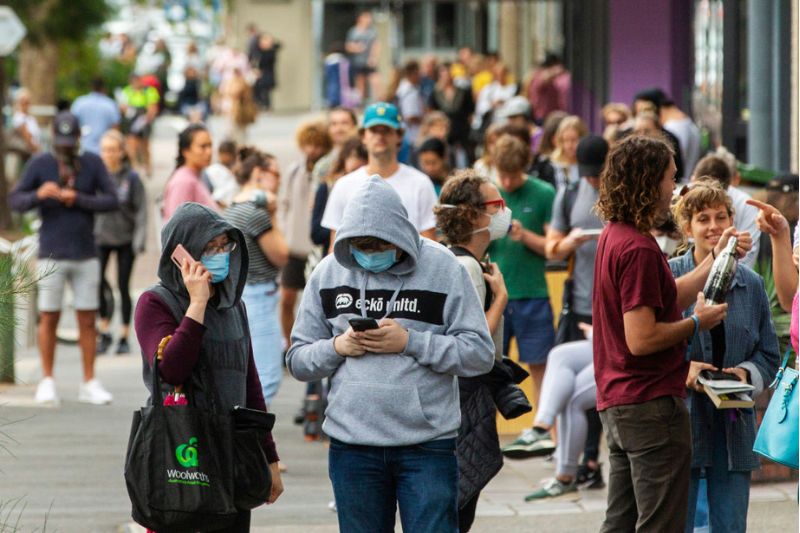
AUSTRALIA
- Barry Gittins
- 03 August 2022
1 Comment
History has repeatedly shown us that what gets us through a crisis, what helps us to recover and rebuild, is responding to it with prosocial behaviour ― working together, starting with our communities at the local level, and from there building mutually supportive relationships at and across every level of society.
READ MORE 
-
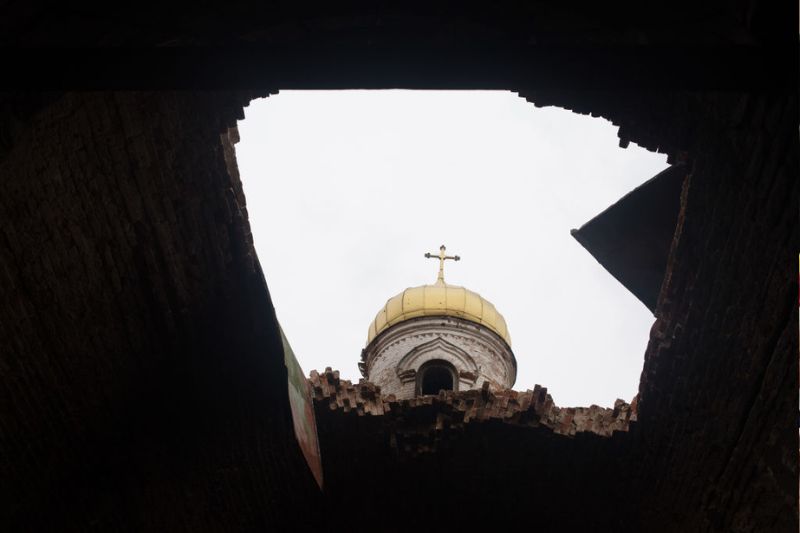
RELIGION
Pope Francis recognised that Moscow’s invasion of Ukraine was ‘perhaps somehow provoked’ and said he was warned before the war that Nato was ‘barking at the gates of Russia’. In an interview with the Jesuit magazine La Civiltà Cattolica the Pope condemned the ‘ferocity and cruelty of the Russian troops’ but warned against a fairy tale perception of the conflict as good versus evil.
READ MORE 